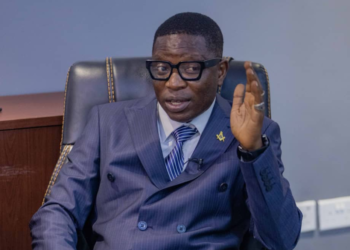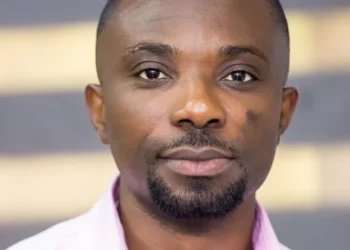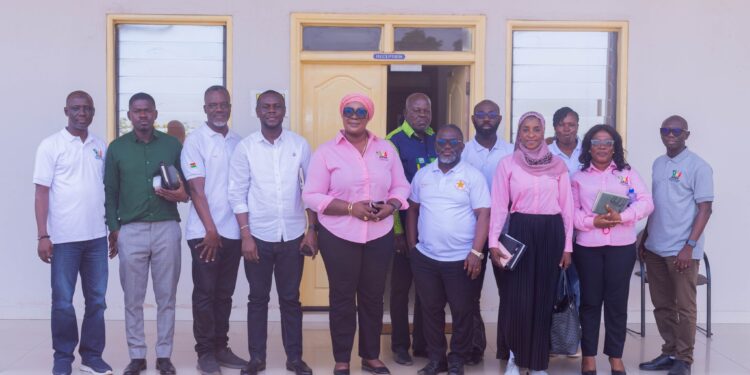In a significant development aimed at restoring lasting peace to the conflict-ridden Bawku area, the Manhyia Palace has officially announced that His Majesty Otumfuo Osei Tutu II, the Asantehene, will resume his mediation efforts from April 28 to May 1, 2025, in Kumasi.
The announcement was made via a press release issued by the Chief of Staff at the Office of the Asantehene, underscoring the revered monarch’s unwavering commitment to peacebuilding and national reconciliation.
This renewed round of talks will take place at the Manhyia Palace, and all stakeholders in the protracted Bawku conflict have been urged to fully cooperate and participate in good faith.
“Asantehene requests all stakeholders to cooperate for us to find a lasting peace in Bawku,” the statement concluded.
The Asantehene’s mediation process, which has already received endorsement from key political and traditional leaders, including President John Dramani Mahama, is seen as a hopeful step toward de-escalating tensions that have plagued Bawku for years.
The Bawku conflict, characterised by intermittent violence, loss of lives, and destruction of property, has been one of the most intractable ethnic conflicts in Ghana’s recent history.
President Mahama, during a recent public address, confirmed his strong backing of the Asantehene’s peace initiative, describing it as a “promising pathway toward lasting peace.”
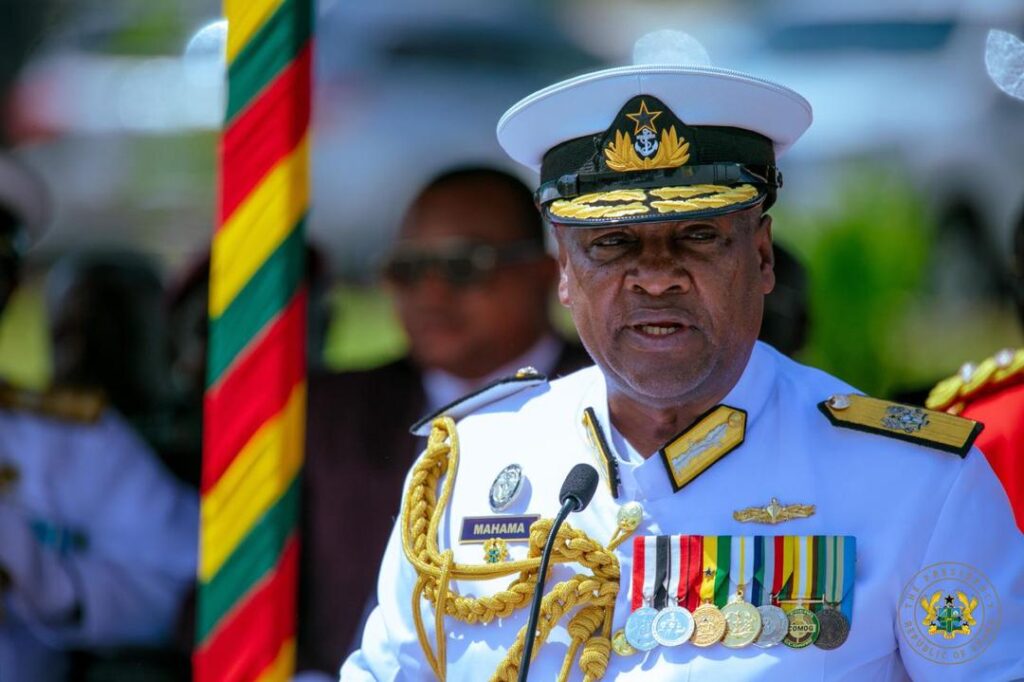
He revealed that preliminary discussions with stakeholders had already commenced in Kumasi and expressed optimism that the next round of dialogue, set to begin upon the Asantehene’s return from a short trip abroad, would further deepen mutual understanding and build momentum for reconciliation.
The President’s remarks came on the heels of yet another bout of violence in Bawku, which reportedly led to the tragic loss of lives and widespread destruction of property.
Lamenting the recurrence of bloodshed, President Mahama made a heartfelt appeal for unity and peace, emphasising that the conflict brings no benefit to anyone.
Hope on the Horizon
The Asantehene’s involvement in the Bawku crisis has drawn widespread commendation, not only because of his stature as one of the most respected traditional authorities in Ghana but also because of his track record in resolving complex national issues.
His moral authority and neutrality make him uniquely positioned to serve as a unifying figure in conflicts that often involve deep-rooted ethnic, historical, and political dimensions.
The Manhyia Palace’s April 15 press release marks the official resumption of mediation activities following initial engagements earlier this year.
It is expected that this round of talks will intensify deliberations and pave the way for a sustainable roadmap to peace.
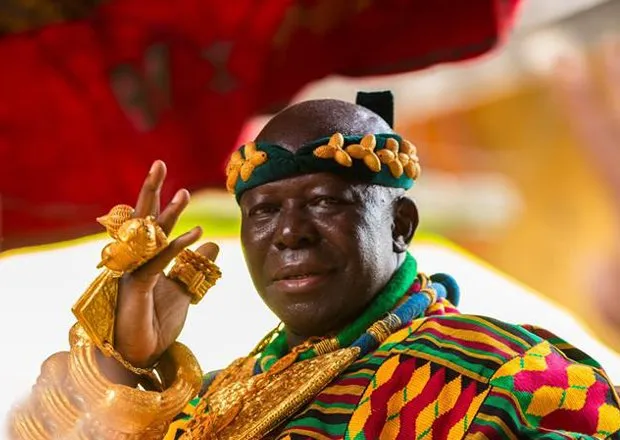
The Bawku conflict, primarily involving ethnic tensions between the Mamprusi and Kusasi groups, has defied numerous government-led interventions over the past two decades.
The nature of the conflict—entrenched in identity, chieftaincy, land ownership, and political alignments—has made it exceedingly difficult to resolve.
However, the Asantehene’s approach has been hailed for prioritising dialogue, respect for tradition, and inclusive stakeholder engagement.
Local and international peacebuilding organisations have also shown renewed interest in supporting the mediation process, hopeful that the moral weight and cultural influence of the Asantehene can shift the narrative from confrontation to cooperation.
With the Otumfuo’s involvement, the mediation process stands a higher chance of winning the trust of all factions and producing results that are both legitimate and lasting.
Meanwhile, military presence in Bawku is expected to remain in place to protect civilians and deter further acts of violence during the mediation period.
The government has reiterated that it will continue to provide the necessary security and logistical backing for the peace efforts while respecting the independence of the traditional mediation led by the Asantehene.
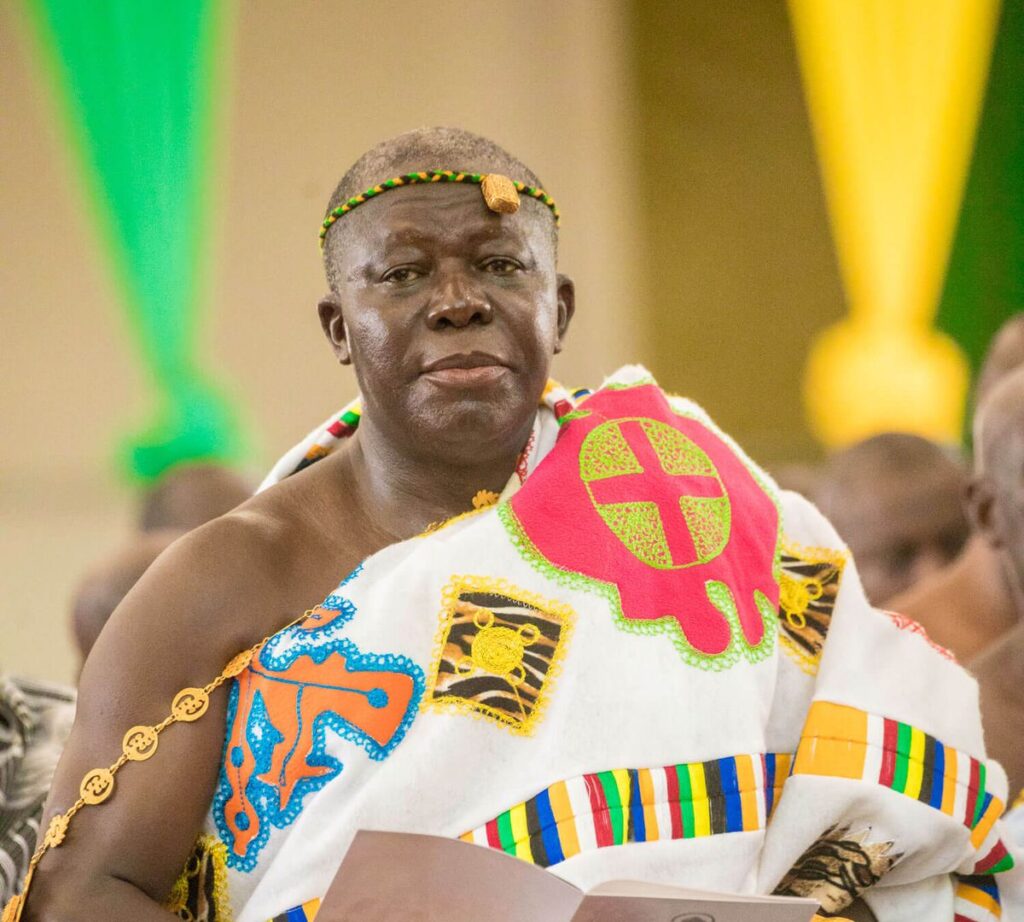
With the full support of the presidency, the moral leadership of Otumfuo Osei Tutu II, and the collective will of stakeholders, there is renewed optimism that the long-standing Bawku conflict can finally be brought to a close.
The forthcoming talks may well mark a turning point in a painful history—one that gives way to reconciliation, development, and peace for all communities in Bawku.





